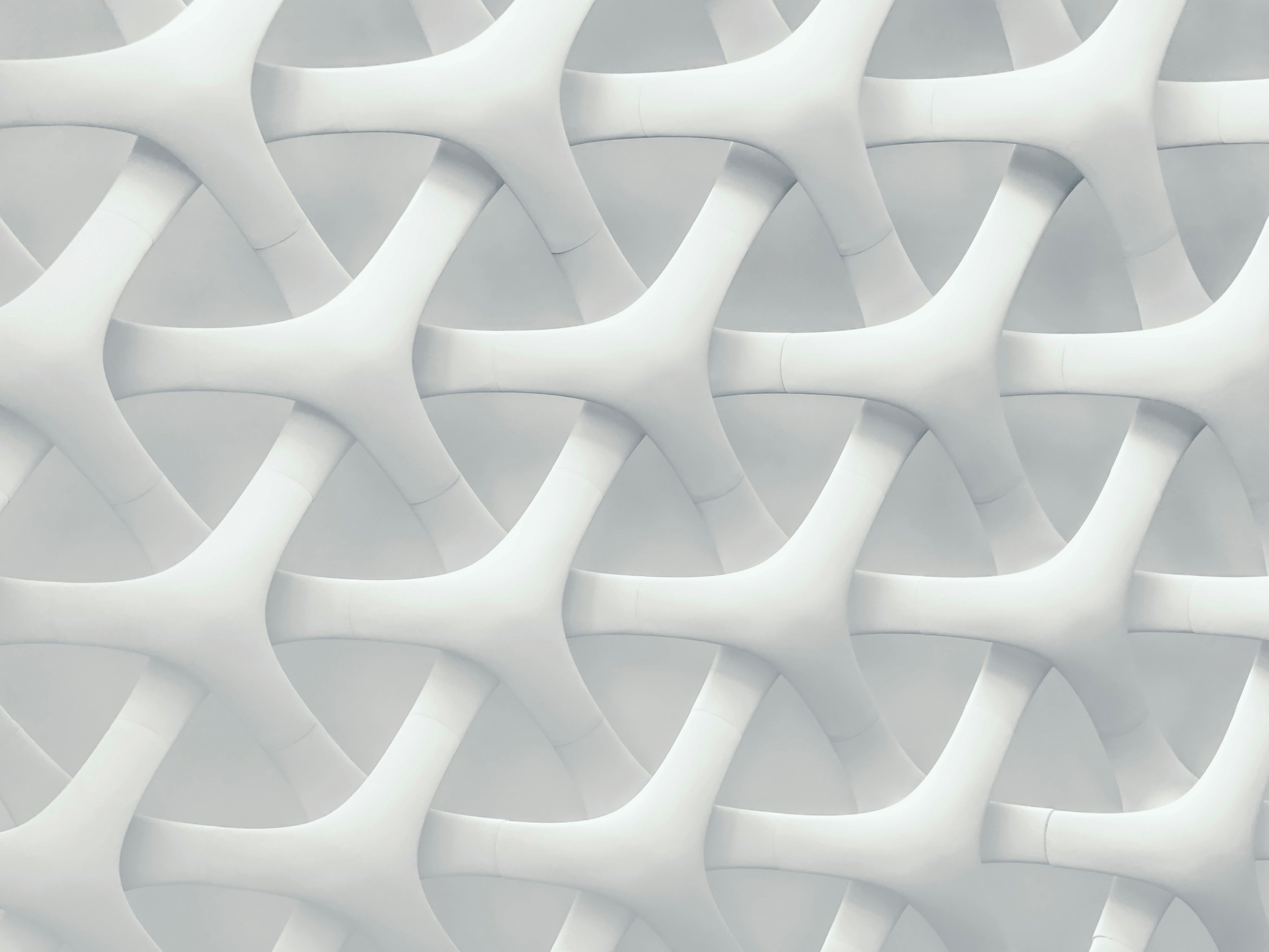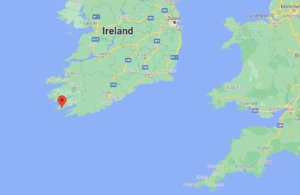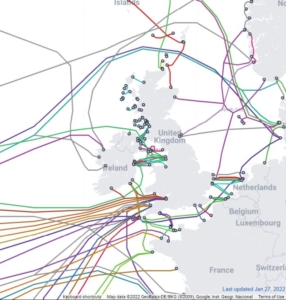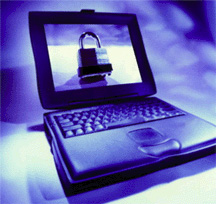Three Things: Irish Fish Stew
[NB: Check the byline, thanks. /~Rayne]
Looks like Russia decided to move its planned naval war games away from Ireland’s fisheries. Bonus: CNN’s Donie O’Sullivan got to make a trip home to interview Irish fishermen.
Some happy fishermen — we are live tonight from Castletownbere where the fishermen who were prepared to stand up to the Russian navy are celebrating. pic.twitter.com/Ay9dEiZZF8
— Donie O’Sullivan (@donie) January 29, 2022
(Is it me or did Donie’s accent regain a bit of its strength?)
There are three points about the Irish fishery versus Russian navy story which have struck me as odd and worth more examination:
~ 3 ~
Watch CNN’s videos at the Twitter thread shared above. Doesn’t it strike you as unusual that a Russian diplomat would work directly with an Irish fishing industry representative Patrick Murphy, CEO of the Irish South & West Fish Producers Organisation, rather than the diplomatic arm of the Irish government as well as the UK since Irish and UK waters abut each other?
Granted, most U.S. newspapers painted this as Russia being discouraged but what does this scenario look like to the Irish?
Is it possible Donie himself missed a potential influence operation at work?
This clip from an Irish news media outlet doesn’t pointedly say that Russia bypassed Ireland and the European Union, or that the Irish and the European Union ignored Russian diplomats, but the wording suggests Irish diplomatic service and EU’s diplomats may not have been involved directly in the negotiations with Russia’s foreign ministry and navy (at 0:29 in the video).
@RayKennedyNews reports on the Russian naval exercise that has now changed course, speaking to @McNamara_Eoin on what it means for the Irish defence forces going forward.
Rebroadcast tonight at 22:00 on the RTÉ News channel and at 23:35 on @rteone #rtetwip #rtepolitics pic.twitter.com/b8FFqT7xFJ
— The Week in Politics (@rtetwip) January 30, 2022
The Minister for Foreign Affairs Simon Coveney tweeted last night that he had written this past week to Russia about the naval war games’ planned location:
This week I wrote to my counterpart, the Minister of Defence of Russia, to request a reconsideration of naval exercises off the Irish coast. This evening I received a letter confirming the Russian exercises will be relocated outside of Ireland’s EEZ. I welcome this response.
— Simon Coveney (@simoncoveney) January 29, 2022
But the timing of Russia’s response to the Minister for Foreign Affairs seems secondary to the meeting between the Irish fishery industry’s representative and Russia’s diplomat.
~ 2 ~
The 150-mile reference used in most reporting as the range of Irish fisheries from the Irish coast doesn’t make sense, the first reason being the use of an imperial measurement rather than metric like kilometers and the second being the location of the Irish fisheries.
The area of concern is much wider than 150 miles from the coast; as you can see for comparison from this Google Map below, the linear distance between Dublin and Plymouth UK is a little less than 220 miles.
The Irish fisheries are at least as wide as that distance from the west coast of Ireland.
Both Ireland and Russia are parties to the United Nations Convention on the Law of the Sea (UNCLOS) which spells out the Exclusive Economic Zone (EEZ) for each country. The Irish fisheries are part of that EEZ denoted in the outlined area in the first map above.
Russian vessels would have to make a very large swing around UK waters to get close to the southern Irish fishery while avoiding Ireland’s EEZ.
~ 1 ~
No matter what the buzz about Russia’s navy moving further away from the Irish coast, there’s no way Russian vessels can maneuver around Ireland and the United Kingdom without crossing submarine communications cables.
As you can see, a majority of the submarine cables south of Ireland run to North America, and most of them to the U.S.
The suggestion that the Russian Navy might cut communications cables – accidentally or not — while in waters south of Ireland during a military exercise was an implied threat to the U.S. and the Big Tech companies which have data farms in Ireland. Facebook, Google, and Microsoft have facilities in and around Dublin; Apple has been working on a planned data farm near Galway though construction hasn’t started.
The threat also targets NATO since Ireland is dual represented by itself and EU member nations as parties to the UNCLOS. Under Article 5 of the North Atlantic Treaty, an attack on a member nation is an attack on NATO.
Where it gets messy: Ireland is not a member of NATO though Northern Ireland is as part of the United Kingdom.
Is this why the Russian diplomatic service talked directly with Irish fishermen, to avoid getting NATO into the mix?
Was it part of a Russian influence operation to be perceived as open to non-NATO countries?
~ 0 ~
Speaking of Irish fisheries, I found a recipe for Seafood Chowder from the Renvyle House Hotel in Connemara, County Galway I want to try as I have scallops, salmon, and some lake trout in the freezer which I need to use.
It’s a lot like the Finnish stew kalamojakka my mom makes. Well, right up to the brandy.
Sláinte mhath!





